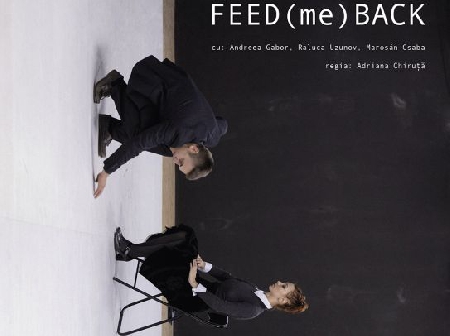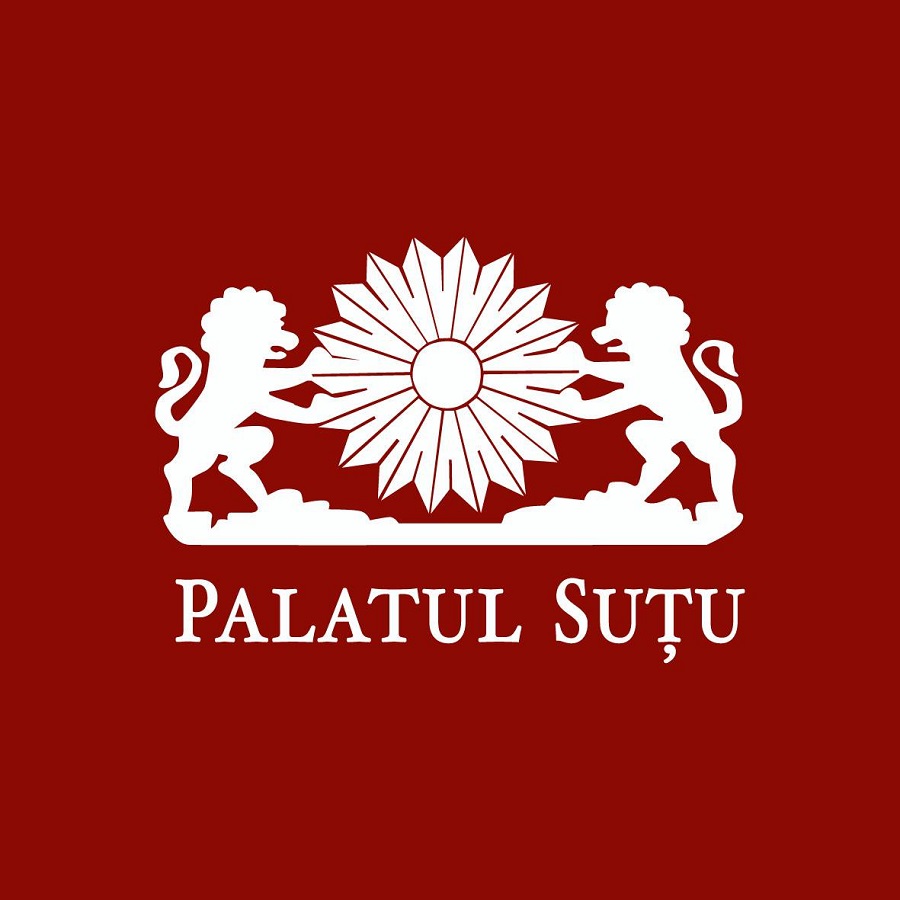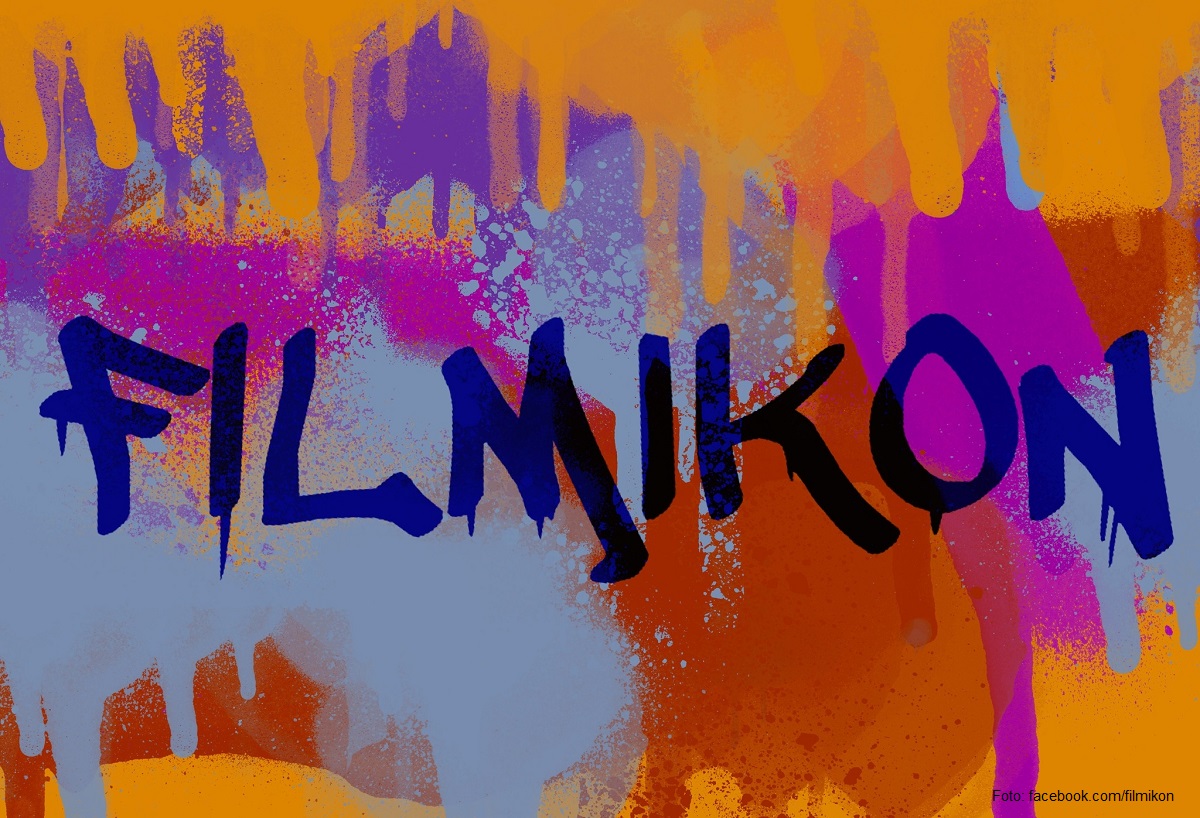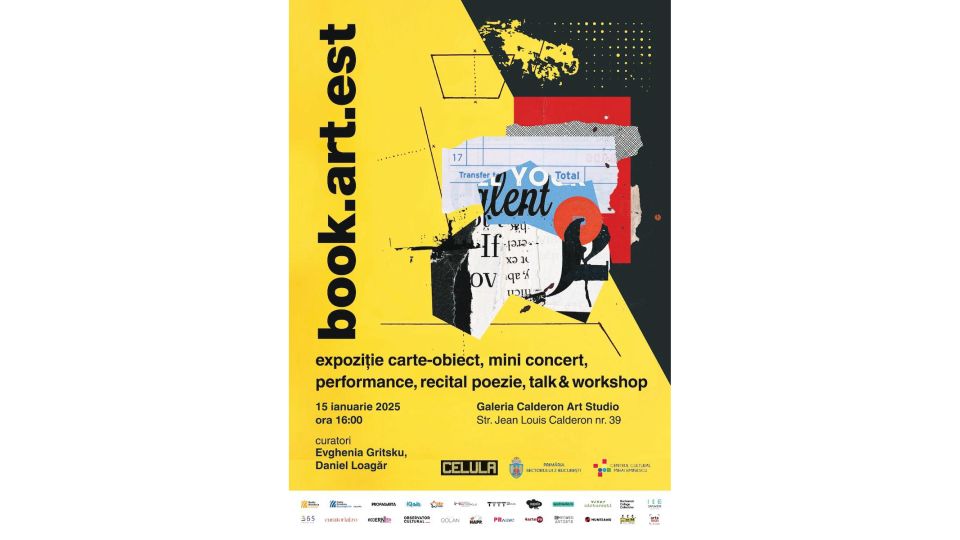The Paintbrush Factory
We invite you on a trip to the paintbrush factory in Cluj-Napoca, central Romania.

Luana Pleşea, 09.02.2013, 14:30
In October 2009 the city of Cluj-Napoca saw the establishment of a very special place devoted to contemporary art, both visual and performing arts: the Paintbrush Factory. Set up as a federation too, the Paintbrush Factory is the first large-scale collective project in the Romanian cultural milieu and has already compelled nation-wide recognition. In the 2009-2011 period the Paintbrush Factory played host to over 40 shows, 50 art exhibitions, 30 workshops and 10 festivals.
We talked to Miki Braniste, the head of the ColectivA Association, a spin-off from the Paintbrush Factory: “It is a joint initiative, which virtually concentrates the efforts of the culture-oriented civil society in Cluj. Upon any visit to the Paintbrush Factory you can meet both curators and sculptors, artists who take an interest in films, installations, performance art or just painters. On the other hand, you will also see NGOs staging dance or theatre shows or organizing concerts. We make up a heterogeneous group of people bound together by a common desire at one point in their lives, which is precisely what has made us stick together. Most cultural operators who are residents of the Paintbrush Factory had been looking for a place to exhibit their works since 2009. The fact that rents have dropped significantly also enabled us to pool our resources and rent out a large building of 3.000 square meters”.
The Paintbrush Factory spells out 40 contemporary artists, 5 contemporary art galleries, 10 cultural organizations and 2 performance halls. The art gallery was named after the original purpose of the building, which can be easily guessed the moment you step inside.
Cultural manager Miki Braniste has more: “We tried to preserve as much of the original identity of the location as possible. When we came here we found various types of paintbrushes that were manufactured there depicted on panels, and a great deal of labour protection posters. We kept the whole lot. We also staged an exhibition of all the items we found on the ground. We want to pay heed to those who had worked there before”.
In times of crisis funds for cultural activities are hard to find, even more so for the freelance sector. The financial strategies employed at the Paintbrush Factory set an excellent example of unity and solidarity.
Miki Braniste explains: “Here, at the Paintbrush Factory we all live on our own cultural projects, so we have to apply for funding, especially NGOs. Artists sell their works, participate in international fairs, in auctions…I believe that one important thing to mention is that last June, several artists from the Paintbrush Factory donated their works for an auction that was held at the Tajan Auction House in Paris. Their works sold for a total of 90 thousand Euros, which subsequently came back to the Factory. The money was spent on investments, repair works, heating, etc. The idea was to make some money that would help develop the community here. I believe that this cohabitation between visual arts and performing arts is quite beneficial. In the first two years, the Factory survived thanks to the funds obtained by NGOs individually, but last year we started to feel the significant contribution of the visual artists, because through their donations they can help a lot. This year there will be another auction, at the same house in Paris, because the French organizers were extremely pleased to see what happened with that money and they thought of helping us maintain an action level that would reflect the importance of the people in the Factory and of their projects.”
Part of the money received last year at the auction in Paris was used to rebuild a socializing area, which will be an art library as well, open to the general public. According to Miki Braniste, this place has long been a dream of the artists in the Factory, so they will donate part of their own collections of art magazines, albums and books.
The artists and cultural operators in the Factory report to the community, as the public is the one that keeps them going and motivates them to keep investing in a place that has already become a landmark for the city of Cluj-Napoca. For instance, one of the projects underway at the Factory is a musical communication workshop, where the participants can use all sorts of instruments, better or less known, new or ancient. It’s actually a work in progress show, called Feed me Back, which each time adapts to the public. Another project is called “Your brain on drums”, which, according to the organizers, is not just a course on drumming, but of learning how to get in harmony with your own being and your own rhythm.






























